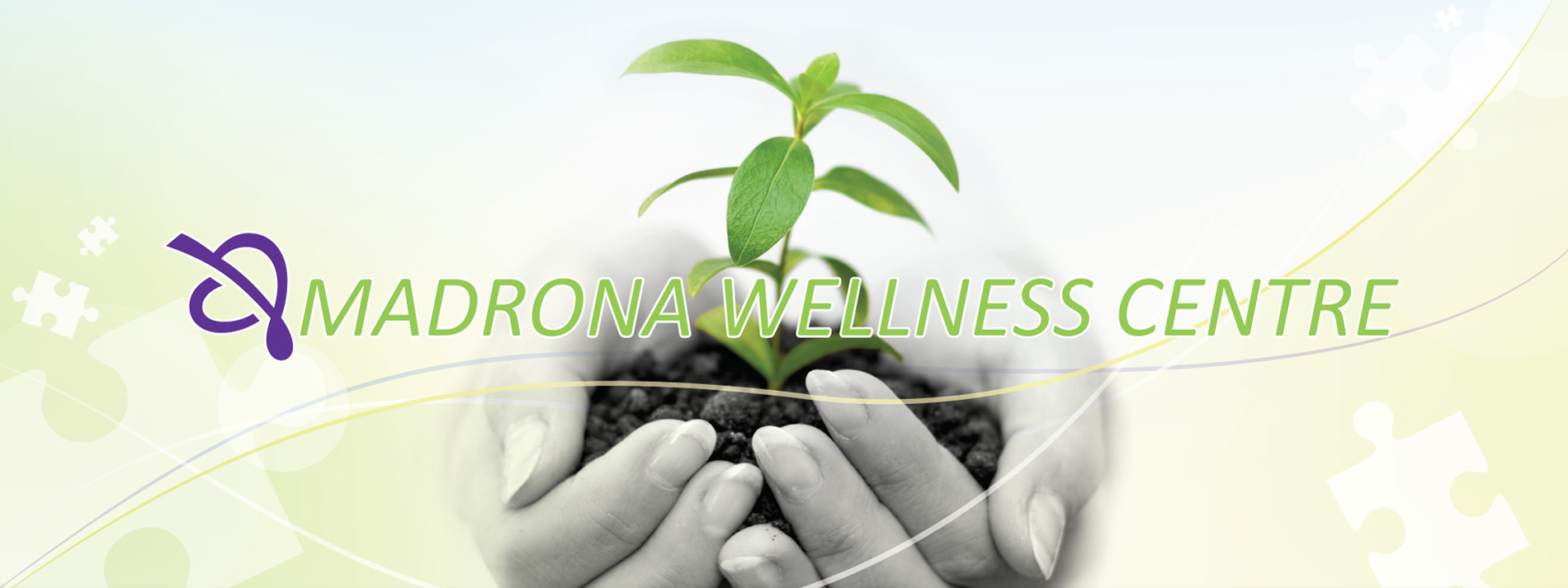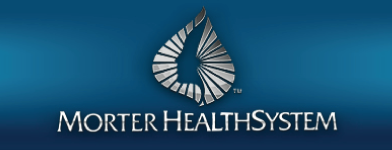Addictions Counselling
 It takes courage and strength to face up to any type of addiction, whether it is drugs, alcohol, internet, gambling, food, prescription drugs, relationships, nicotine or self-injury. There are many other addictions/process addictions. Mo matter how bad the addiction or how powerless you are feeling, there is hope and help available. Don’t give up even if you have tried and failed before. Recovery is a process and there are bound to be bumps in the road along your journey. You can overcome your addiction/s by learning how to cope in ways that are more constructive than destructive to yourself and others.
It takes courage and strength to face up to any type of addiction, whether it is drugs, alcohol, internet, gambling, food, prescription drugs, relationships, nicotine or self-injury. There are many other addictions/process addictions. Mo matter how bad the addiction or how powerless you are feeling, there is hope and help available. Don’t give up even if you have tried and failed before. Recovery is a process and there are bound to be bumps in the road along your journey. You can overcome your addiction/s by learning how to cope in ways that are more constructive than destructive to yourself and others.
There is no one mode of therapy that works for everyone. Megan utilizes a multi-modal approach to therapy individualized to each client’s needs and where they are on their recovery journey. Cognitive Behavioral Therapy has long been one of the most effective approaches to dealing with addictions and practiced in many inpatient treatment programs. Megan also does Expressive Arts Therapies. Relapse Prevention is an integral part of addiction therapy. Addiction sets up a cycle of reckless behaviour, irrational thinking and impulsivity. Addiction changes how the brain functions. All addictions have serious consequences to the user and to loved ones over time. There is a way out.
Sometimes changes may come quickly and easy. But at other times it will be slow and frustrating. There I no magic formula and no instant painless cure. However, you can learn new ways of looking at your problems that will be very helpful in changing your feelings and reactions. You can learn new skills to help you communicate more effectively and behavioral techniques to reduce your stress and anxiety.
As with any powerful experience there are risks as well as benefits to therapy. For example, in therapy there is the risk that for a time you may feel sadness, guilt, anger, frustration, helplessness, loneliness and other unpleasant feelings. You may recall unhappy memories. Therapy may disrupt relationships. Family secrets may be told. Therapy may even lead to divorce as one partner changes and the other does not. There is also the possibility that therapy may not work for you. No ethical counselling therapist can promise you a positive outcome.
But while considering these risks, you should also know there are many proven benefits to therapy. Hundreds of studies have shown the positive effects of therapy. You may find your mood becomes more positive, and your sense of self-esteem enhanced. You may feel less angry, anxious or fearful. Your relationships can improve greatly and become more satisfying. Your coping skills can improve. Your personal goals and values may become clearer. You can grow in many directions – at work, at school, in your personal relations, and in your ability to enjoy life. Once you engage in the therapeutic process, it is important to “stay with it”.
You will find more information by clicking on any of the topic links following below:
More Counselling Options:
- Abuse In Relationships
- Anger Management
- Codependency Counselling
- Cognitive Behavioral Therapy
- Expressive Arts Therapy
- Grief and Loss Counselling
- Individual Couples Family Group
- Life Transition
- Mental Health
- Mind & Body Therapeutic Counselling
- Negative Thought Patters
- Recovery For Life
- Relationship Counselling
- Self Esteem and Self Worth

